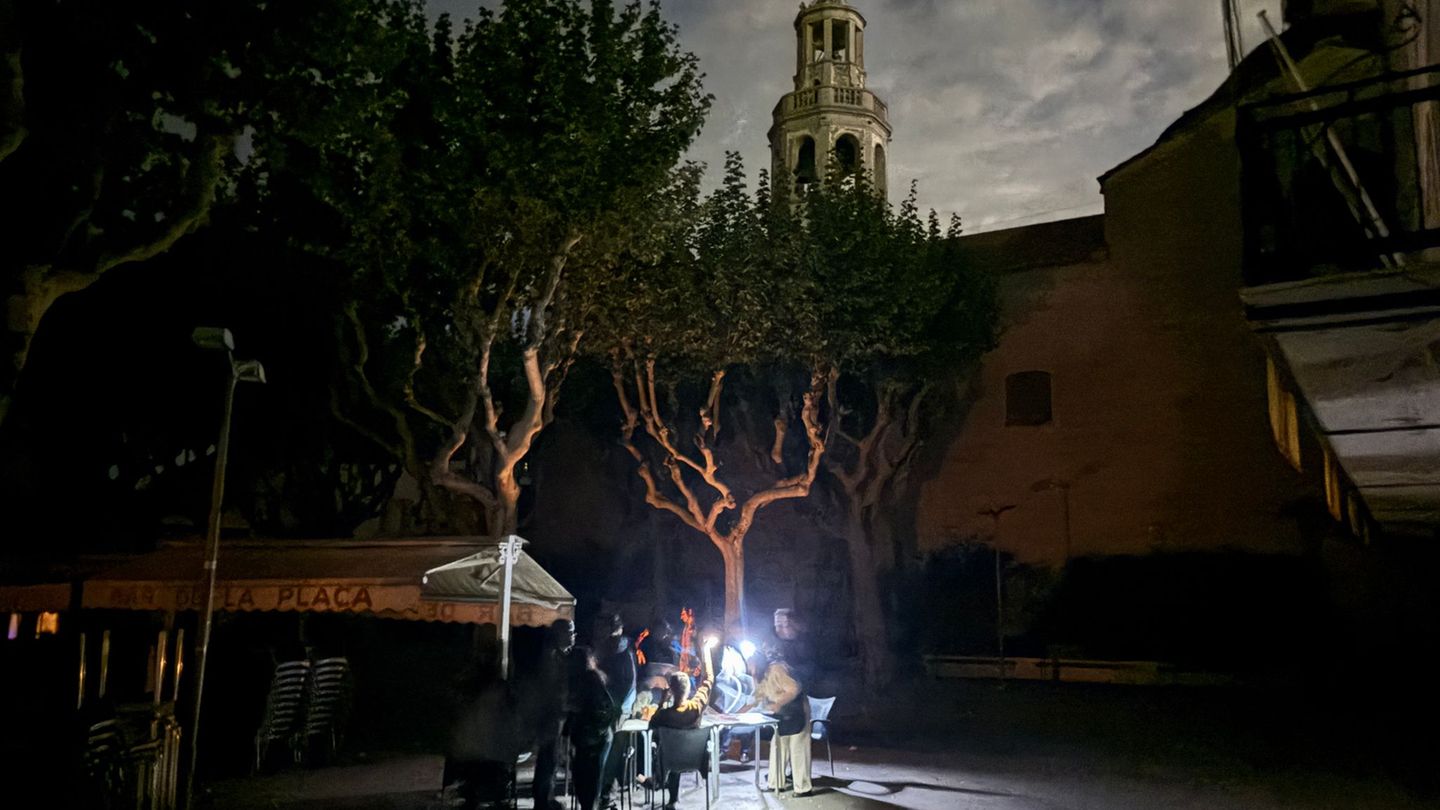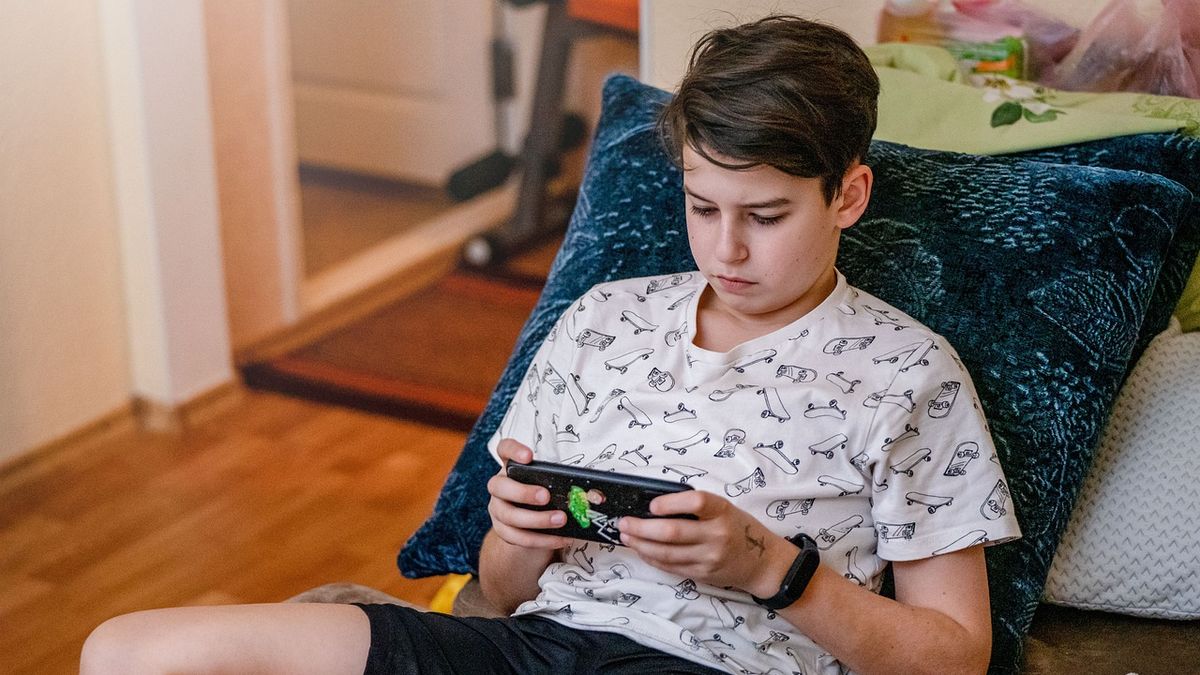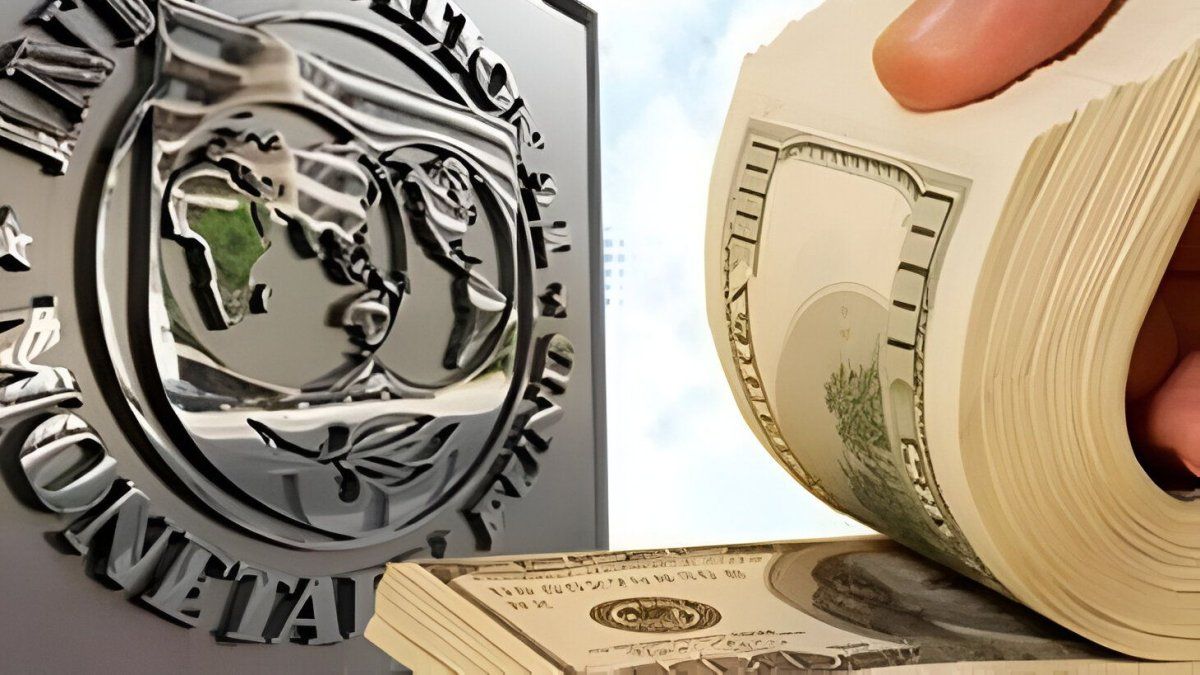Menu
Davos: When the World Economic Forum becomes a crisis policy forum
Categories
Most Read
Gamers advice to save until the last dollar in video games
October 4, 2025
No Comments
What is the price of the dollar that allows you to accumulate reservations as the IMF wants?
October 4, 2025
No Comments
Arca will improve fiscal qualification to about 750,000 taxpayers
October 3, 2025
No Comments
The secrets of experts
October 3, 2025
No Comments
Latest Posts

Spain and Portugal: Report on blackout: steps in the failure of many plants
October 4, 2025
No Comments
AngelicaI am an author and journalist who has written for 24 Hours World. I specialize in covering the economy and write about topics such as

Gamers advice to save until the last dollar in video games
October 4, 2025
No Comments
October 3, 2025 – 21:30 Argentine Gamers devise new strategies to face taxes and the price of the dollar, managing to play more spending much

What is the price of the dollar that allows you to accumulate reservations as the IMF wants?
October 4, 2025
No Comments
For many months, most economists agreed that the price of the dollar was extremely late, a key factor when explaining the deterioration of external accounts.
24 Hours Worlds is a comprehensive source of instant world current affairs, offering up-to-the-minute coverage of breaking news and events from around the globe. With a team of experienced journalists and experts on hand 24/7.

